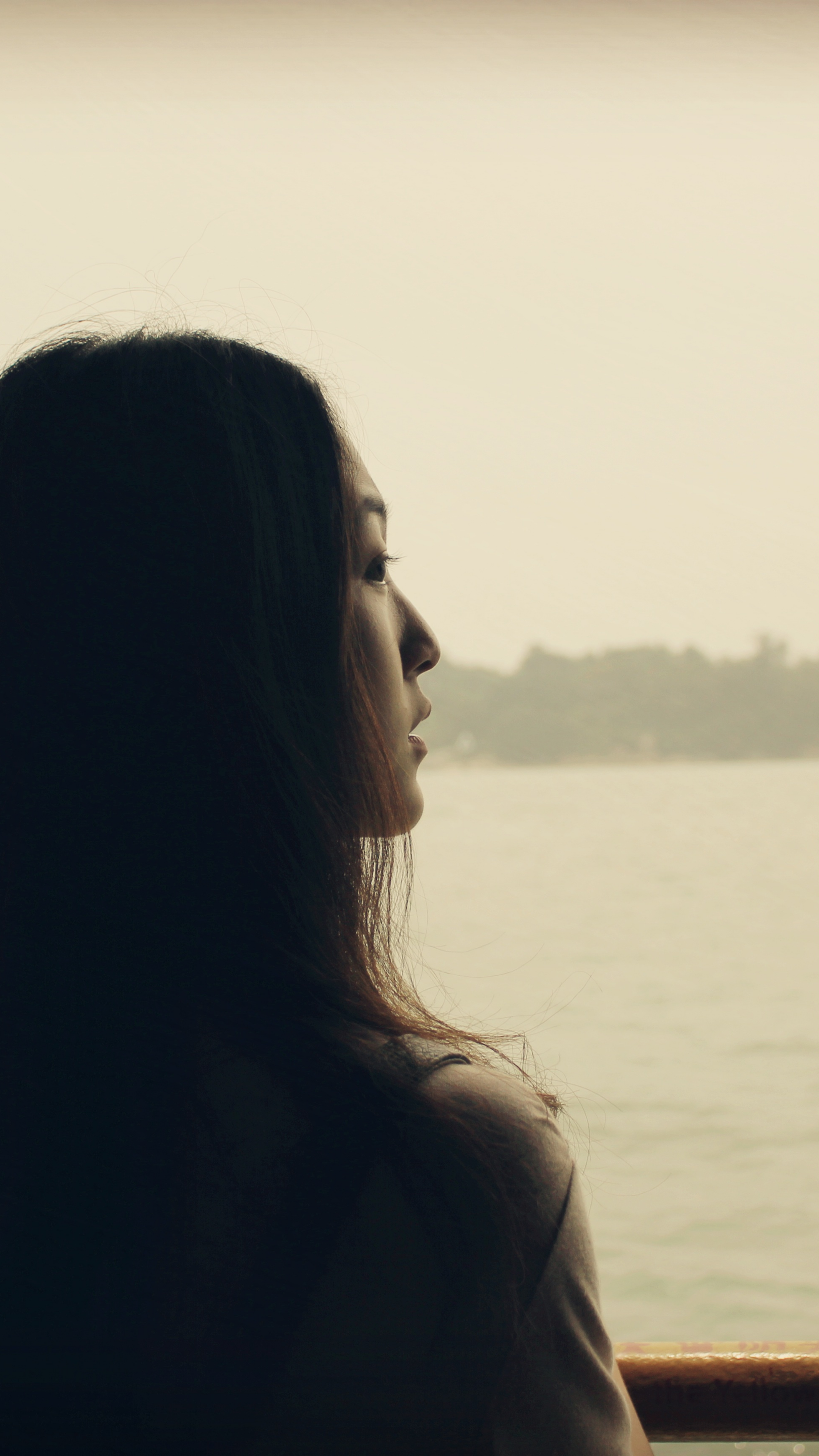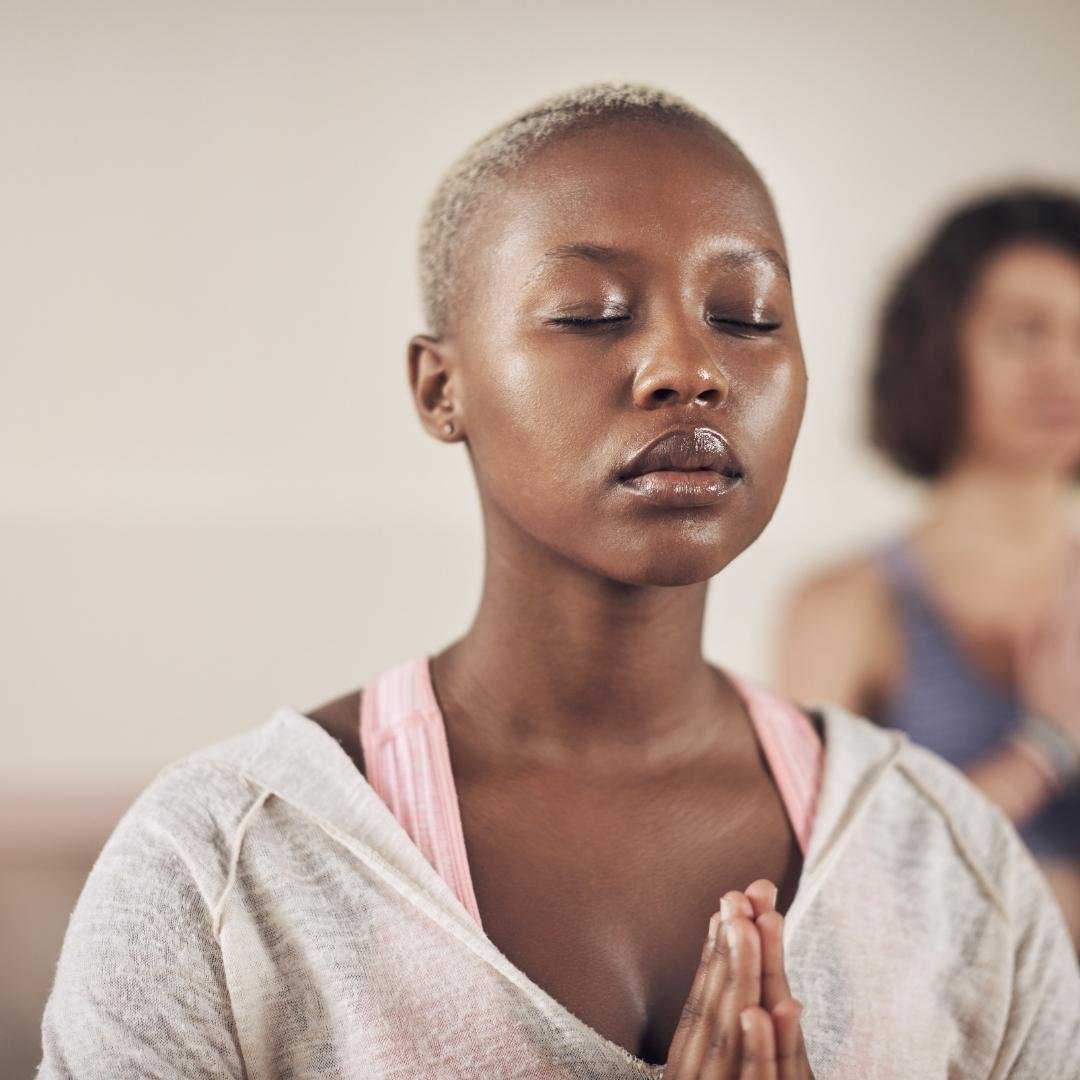How To Cope With Losing Friends
Home & Living Editor
SHARE ON:
Relationships aren’t easy, and people are constantly changing. Learn why losing friends is a normal, important part of your life journey and how to gracefully get through this right of passage!
Why Losing Friends Can Hurt The Worse
Losing friends has always been harder for me than ending relationships with family or partners. I didn’t get to decide who I was related to, so losing family wasn’t easy but ultimately gave me a sense of power because I was taking agency over my life. On the other hand, as a girl who used to scream Beyonce’s “irreplaceable” and Tamia’s “There’s a stranger in my house” on full blast in the backseat, looking at my mom through the rearview mirror more times than I can remember, losing partners was something I was prepared for since birth. The world told me the second I came from my mother’s womb that men would break my little cishet girl heart and gave me countless soundtracks for healing my inevitable pain.
But friendship? I was never ready for having toxic friends or what told signs to watch out for when making platonic connections. Films like Mean Girls and Bridesmaids taught me it was normal to have bitchiness in friend groups, but, eventually, all would boil over, and everyone would move on in loving peace. Even Issa Rae’s brilliant HBO debut Insecure, which has one of the best representations of black female friendship in TV history, ends *SPOILER AHEAD* with Issa and Molly making up. Clearly, that’s not always the real world. While I appreciate these films because they taught me a lot about making friendship work through forgiveness, self-reflection, and reconciliation, they weren’t great at teaching about the importance of separation. They didn’t show me how to know when it’s time to let go and ways to follow through healthily.
I think the underlying issue of why losing friends is so hard for us is because we never think it’s an option. As a 20-something self-identified social butterfly, I’ve always been someone with a lot of friends or someone who never had an issue making friends. I’ve had my fair share of “Best-Friends-Forever” that weren’t so, and while it’s easy to look back and see the cracks in the foundation of these past attachments, I did mean at the time FOREVER. It may not help that I’m biased toward the view that platonic friendships with women and other gender-oppressed people who share my interests are better investments of my time than trying to find a man. I genuinely don’t think I need a husband to be happy (I’d still like one, though, lol). However, I do think I need friends who I can trust. But, I don’t need every friend I’ve ever made for the rest of my life, and it would have been cool to know this before I started making friends as a young adult.
I mean, the only soundtrack I had for friendship’s ending was T-Swift’s Bad Blood, and that song, while a bop, is rooted in some petty mean-girl antics, and the song’s inspiration, Katy Perry, is once again friends with Taylor so….where does that leave us? With a lot of shame, regret, frustration, anxiety, and confusion. Hence, we have to normalize talking more about the power of ending friendships, knowing when to move on from our chosen sisters, and how to do so in a way rooted in mutual respect and appreciation for the lessons learned.
Why Losing Friends Is Super Normal (And Necessary!)
Being honest with ourselves is a good starting place to equip us better to handle the end of friendships. We must acknowledge that when we’re genuinely committed to becoming the best versions of ourselves, not all friendships can last forever. Human beings are constantly changing, whether internally (i.e., our personalities and interests) or externally (i.e., our circumstances and lifestyles). Like it’s okay if you realize the friends you met during your first year of college who lived in the same hall that you went out clubbing every weekend with aren’t the same friends you have when you’re working 40+ hours a week in a different city after you graduate. Or, if you used to be someone who hated the gym but now are making healthy changes and find yourself wanting to spend the bulk of your time with people living more fitness-driven lifestyles. People change!
According to pioneering researchers like Dr. Bowlby and Dr. Ainsworth and a study published in the Royal Open Society journal, friendships ending are an essential part of social-psychological growth. They attribute these findings to differences in attachment styles and the fact that our “social capital” (i.e., the amount of social energy we attribute to people outside of our immediate household) tends to decrease with age. The less time we have due to obligations and responsibilities and the more secure we become in our attachment styles, the fewer friends we’re able and willing to have. As we age, we tend to value friendship quality over quantity, opting for fewer meaningful platonic connections than many surface-level ones.
Another factor to note is that friendships are unlike familial and romantic relationships as there are often never clear boundaries set either from a formal conversation or historical customs. This makes navigating platonic friendships a bit more complicated, as both people are essentially going in blind on what it means to be friends. The lack of clarity on expectations can easily lead to any two well-intended people feeling mistreated and underappreciated. The point here is that while we all play at least some role in a relationship’s ending, the friction between two friends is inevitable and a natural part of life. It’s okay to decide that you need to walk away sometimes, and we should go into all friendships, as we do in romantic relationships, understanding that breaking up is possible.
Ways To Cope With Losing Friends
As someone who now considers herself well-versed in the art of mending the friendship-breakup wound, I’ve developed my own little framework for getting through grief:
Prioritize
Losing a friend means you’re going to be hurting a lot, especially if this was a person you were super close to. It’s critical for your healing to spend as much time as possible taking care of yourself. To be clear, I don’t mean that in the girl-boss “be- in-the-gym-everyday-for-a-revenge-body-and-be-unbothered-while-doing-it” type of way. I suggest using your free time to do all the things that make you, and you alone, happy to exist. Engage with activities that truly feed your joy.
For me, this looks like dressing up for walks in the park while listening to a good podcast, watercolor painting, watching my favorite Disney movies from childhood, and going to pilates. I do these things whenever I feel bad, whether or not someone’s looking. I seldom post myself doing them to my social media accounts or invite others to join me either; they’re just things I do for me. Think about what your version looks like, and get to it!
People
Chances are, the friend (or friends) you lost isn’t the only person you socially bonded with. I suggest using this time to deepen your connection with the other people in your life. Usually see this now ex-friend on Thursdays for lunch? Perhaps start using this time to have lunch with a different friend, or maybe you can make a tradition of having a scheduled call with a long-distance friend or family member you don’t get much time with daily.
Another option is to view this ending friendship as an opportunity to make more space for new friends! Use the lessons on what made you and this past friend incompatible to guide you into a new platonic relationship more aligned with what you want for yourself and your life. Get social and get out there!
Patience
Last but not least, give yourself a fucking break. Healing doesn’t happen in a straight line (shoutout to Kacey Musgraves). You might be in your feelings for a little bit, and that’s totally fine. Losing friends isn’t fun business, no matter how necessary. We must allow ourselves a chance to go through the process of moving on fully.
The fact that you were doing fine but then Facebook decided to remind you that you and so and went on that one trip that one time might bring up some feelings of longing for what once was. There’s no need to judge these feelings; instead, practice not allowing yourself to be ruled or defeated by them. Your journey is yours, and before you know it, you’ll be able to look back on your past friendship in total acceptance.
Happy healing, honey!









